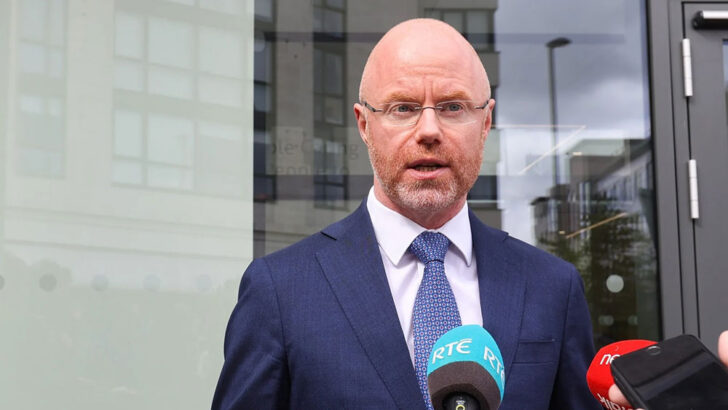Often there’s a TV series that is very good in its first season, but instead of leaving it at that they capitalise on the success and produce a second series. Sometimes it’s just inferior, perhaps because original ideas have run out, or the novelty value has worn off.
Recently I’ve been keeping up with the second season of Blue Lights (BBC One, Mondays). It’s a police drama set in Belfast and I’m conflicted about it. On the plus side it has some likeable, well-developed characters, and shows an understanding and an appreciation of people. Moral dilemmas abound, but they can be clichéd – in last Monday’s episode two policeman patrol together. One cuts several corners to get results, even to the point of violence, the other is more idealistic and is frustrated by the other’s excess ‘flexibility’ with the law. At least the moral one is the one shown more sympathetically – it’s often the opposite.
However, the show gains nothing from the rather gratuitous bad language, and seeing as how it’s set in the North, it’s surprising that religion doesn’t figure – no devout churchgoers, no peace-making clergy, not even a religious extremist (we should be thankful for that I suppose!). There is a loyalist feud, plenty of drug dealing and some sinister elements from Dublin. Dublin gangland-related has become so clichéd! In last week’s episode an assisted suicide plot is shoehorned in and though a potential suspect is arrested, it does feel like the show is pushing the expected agenda. Plot-wise it rambles, and I’m not sure the sub-plot about an unlikely lawyer trying to solve a chip-shop bombing from the Troubles really gels. Overall, it hasn’t maintained the standard of the first series.
On Oliver Callan (RTÉ Radio 1, Thursday) there was an interview with John Crotty who has written a book, Spike Island: The Rebels, Residents and Craft Criminals of Ireland’s Historic Island. Among his stories is that of ‘Little Nellie’. Her father was a soldier on the island in the early 1900s. When Nellie herself contracted TB it was regarded as miraculous how she bore her illness and reportedly had visions. Though only four years old she requested to be able to receive the Eucharist. Her request was taken seriously, and the Pope at the time saw this as a sign that he was right about wanting to lower the age of First Communion. Nellie’s request was granted and the age, generally, was lowered from twelve to seven years old. Oliver Callan regarded this Spike Island story as “an amazing connection”.
The early sacraments featured in a positive item on Moncrieff (Newstalk, Friday), particularly in the context of related pledges taken by young people to refrain until specified ages from alcohol, drugs or even vaping! Simon Tierney’s comprehensive report covered the history of the pledge and its manifestations today. He also spoke to Fr Robert McCabe, Central Spiritual Director of the Pioneer Total Abstinence – organisationally separate from the Confirmation Pledge but obviously aligned in terms of values. Fr McCabe said the PTAA was breaking new ground in engaging with people.
Meanwhile, the first of May, dear to many in Ireland because of devotion to Mary, was marked by another grim reminder of how much we’ve sold out our traditions – the passing of the Safe Access Zones legislation – the 100-metre buffer around all healthcare premises, to protect abortion providers and those who would avail of their grim ‘services’ – no safe zones for the unfortunate unborn babies. Health Minister Stephen Donnelly appeared on The Hard Shoulder (Newstalk, Wednesday) and seemed pleased with what he called a “modest measure”. Now, he said, women will be able to access abortions without intimidation, bullying or coercion. His evidence for this being a problem was thin – some anecdotes about “sporadic” occurrences and some female politicians “feeling” intimidated. Of course, intimidation, bullying and the like are objectionable, but banning peaceful protest and offers of help? And what about the women intimidated, bullied and coerced into abortion? Presenter Kieran Cuddihy was concerned this could be a “slippery slope” in the sense that other protests could be banned. I would like to have heard more challenging questions on the matter, but I was disappointed.
Those who would do evil don’t want to be reminded of the harm they do, and so, protest that gets too close to the bone (or the clinic) has to be ignored or silenced.


 Brendan O’Regan
Brendan O’Regan
